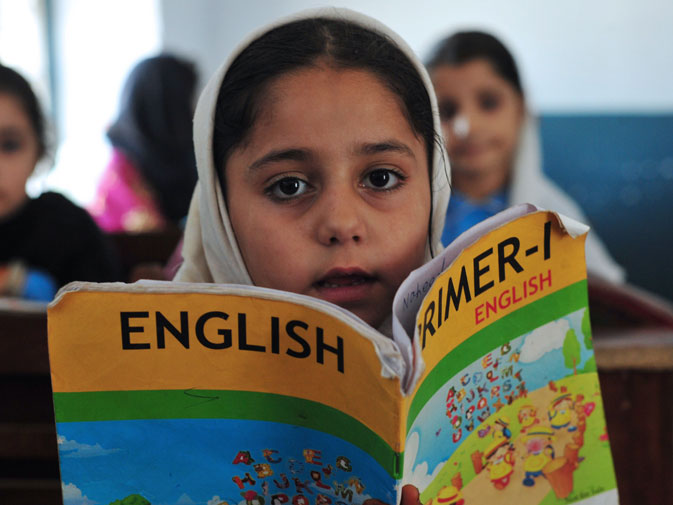
This is some of the most encouraging news we have seen for a long time. Meeting the challenge of educating an expanding population was always going to mean investing large sums in primary and secondary education. Not at the expense of higher education but eventually to complement it. Five years ago Article 25-A was inserted into the Constitution granting as a right free and compulsory education to all children between five and 16. The getting of wisdom may be free to the end user, but making it happen takes hard cash. It needs qualified well paid teachers that get their salaries paid every month. It needs classrooms that are well-equipped, computer labs and libraries. Wisdom is not acquired by osmosis. Have a star, Punjab Education Department.
Published in The Express Tribune, February 25th, 2015.
Like Opinion & Editorial on Facebook, follow @ETOpEd on Twitter to receive all updates on all our daily pieces.

1721377568-0/BeFunky-collage-(18)1721377568-0-165x106.webp)






1724486955-0/Untitled-design-(12)1724486955-0-270x192.webp)








COMMENTS (2)
Comments are moderated and generally will be posted if they are on-topic and not abusive.
For more information, please see our Comments FAQ